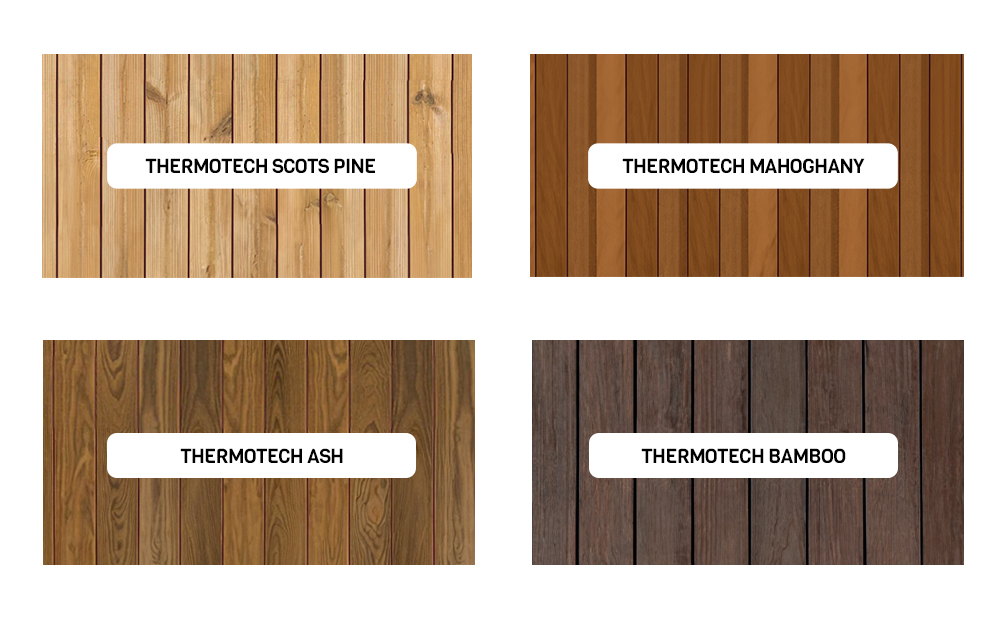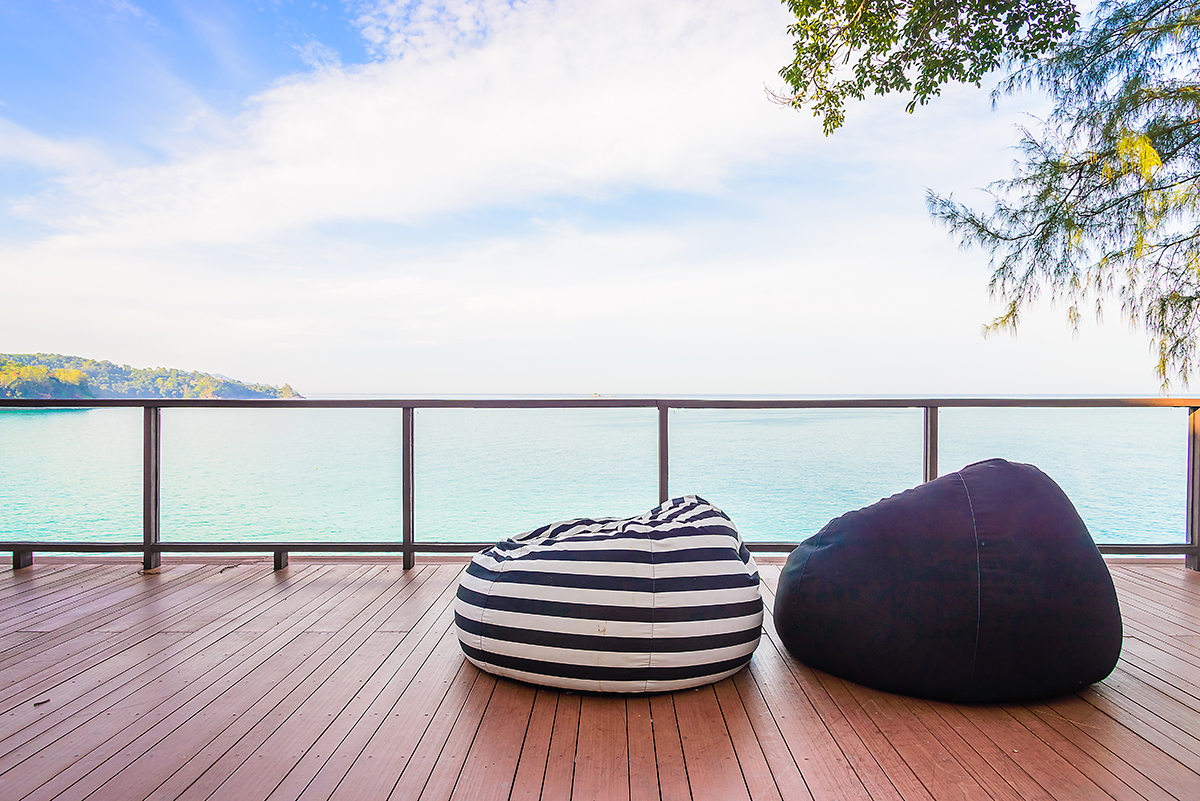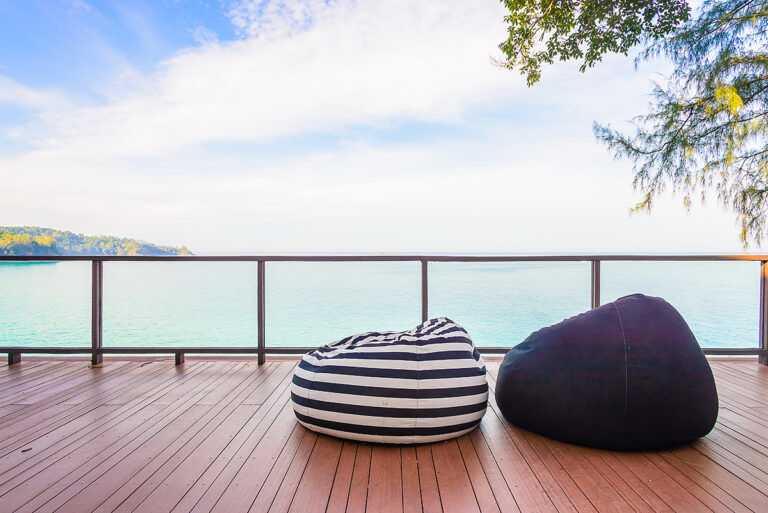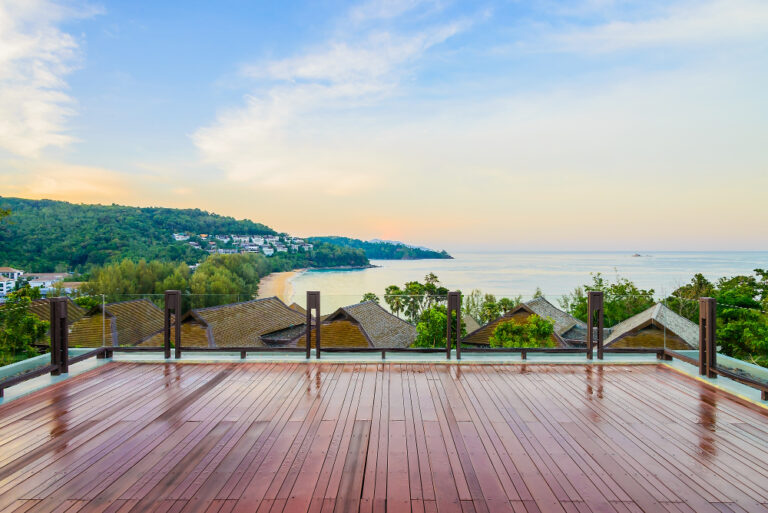
Thermal Modification VS Heat Treating
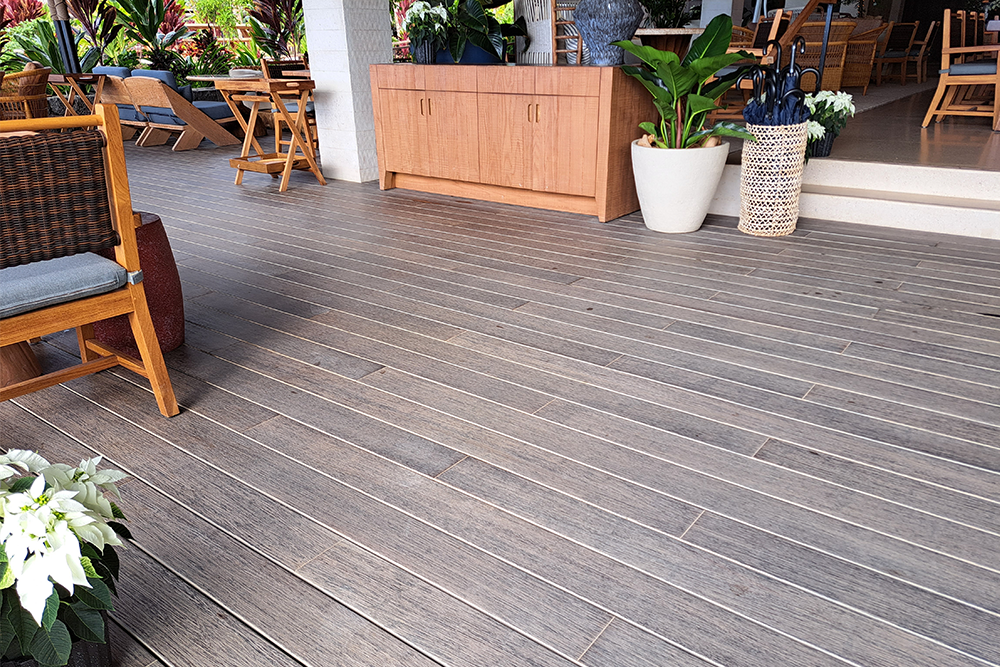
While Thermal Modification and Heat Treating are often referenced interchangeably, Tropical chooses to break them down as different processes using different equipment.
From our perspective, Thermal Modification is a specific process that uses a purpose-built, computer-controlled modification autoclave system designed for wood. This system combines steam and heat in a process that effectively cooks the sugars (hemicellulose) out of the wood fiber and cells, eliminating the food source for fungal growth. Species-specific modification schedules for wood have been developed over years of research. Thermally modified woods can be recognized by their deep brown coloration.
Thermal modification also increases the stability of wood that has undergone the process, greatly reducing movement in service.
Heat Treating uses modified conventional dry kilns to achieve a similar result to Thermal Modification but more often to achieve coloration (various shades of brown) in wood than durability. Heat treating in modified dry kilns, from our perspective, is not as state-of-the-art a process for wood as that provided by purpose-built Thermal Modification Systems.
Coloration with lower levels of durability can be achieved in Thermal Modification Autoclaves as well. These products are valued for interior aesthetic value.

About the Author
Meet Brian Lotz, General Manager of US Operations, Technical and Environmental Compliance Director for Tropical Forest Products and industry Influencer. With over 40 years of experience in the exotic hardwood business, Brian brings a wealth of knowledge that enhances the company’s commitment to sustainability within the imported and domestic hardwood industry. Brian was responsible for spearheading the 38th FSC Chain of Custody Certification for his company in North America, the Fields to Forests Tropical Reforestation Program and the TFP Legal Lumber “Due Care” Compliance Program. As we explore the impact of super-durable tropical hardwoods on multiple industries, Brian’s insight offers a unique lens, underscoring the harmonious interplay between skillful artisanship, biophilic design and sustainable ethos.

Receive The Latest News
Subscribe To Our Weekly Newsletter

- OUR LOCATIONS
- CONTACT US
- SIGN UP
Stay informed about the latest offers, products and sales
- FIND US
- CONTACT US
- SIGN UP

